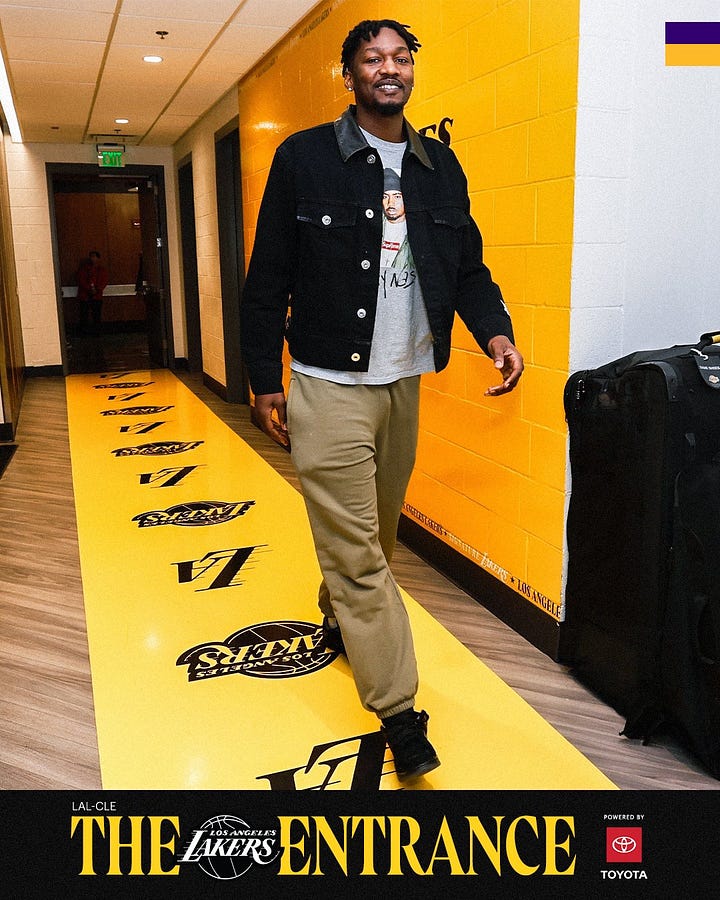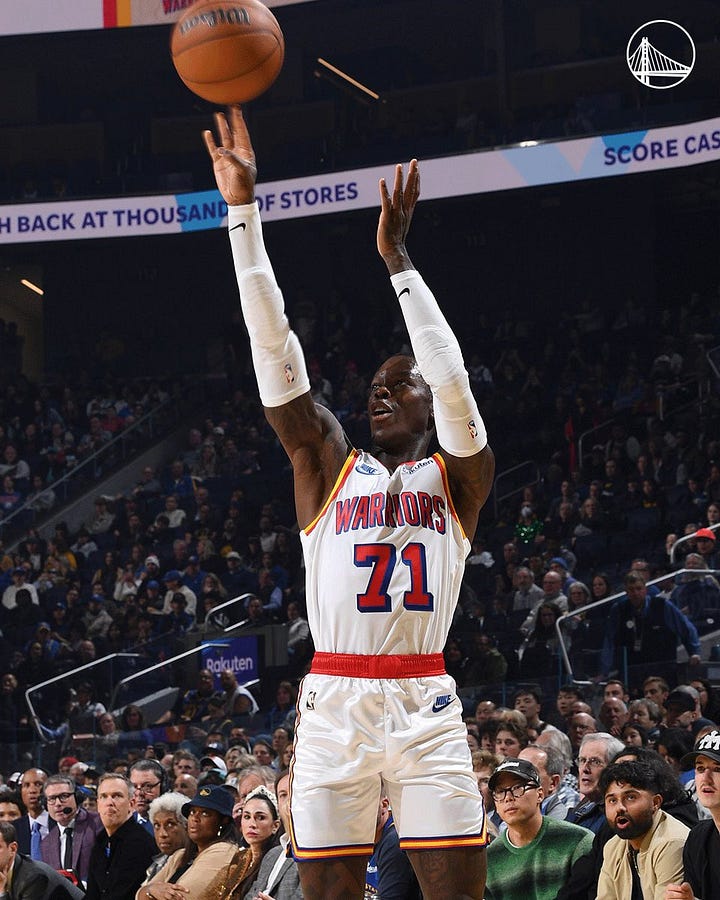The cost of doing NBA business
Did the Nets get enough back in their trades that shipped out Dennis Schröder and Dorian Finney-Smith? The People's Insider explains why he believes they did
I went to the Union Square Holiday Market in early December. Scouring each cubicle, pitched by vendors parked under those unmistakable pine-green roofs, if you know you know. It's a New York tradition.
There was a new stall this winter hawking reversible machine-washable ponchos. The woman running said booth demonstrated their magical powers by pouring from a watering can directly onto the material, sending her experimental rain streaming into a bucket below without leaving any trace on the garment. "It’s great for musical festivals," she said. And Eagles games.
I promised to come back. This was merely an exploratory stroll through the market I typically visit many times. No lies told! I fully intended to make a return visit or two to sample the food stalls and accompany my sister. I never imagined that 2025 would arrive before I could get back there.
And now the stalls are gone.
We often characterize the NBA trade landscape as a marketplace because there are indeed buyers and sellers. Washington and Utah, for example, are certainly hoping rival front offices don't just stop by their shop for a cursory look, promising but then failing to return.
Miami just let the world know that it is indeed prepared to field trade offers for the suddenly suspended Jimmy Butler. New Orleans is holding out hope a bidder will emerge that can make the math work on a Brandon Ingram trade. Many executives will say that they spend December calling other teams merely to register initial interest in the players they like on another team's roster.
The Nets, meanwhile, have already swung two deals, happy enough with the return packages on offer for Dennis Schröder and now Dorian Finney-Smith, respectively. They had buyers and they took the deals in hand.


That's something I think we should applaud.





